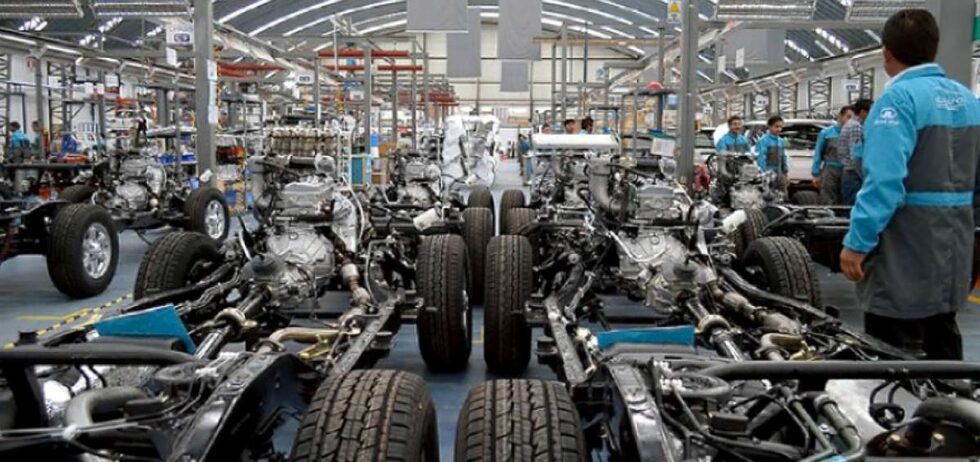Is Spain succeeding the U.S. as the poster child of pandemic mismanagement?
By María Ramírez
At first, the Spanish government was slow to respond to the coronavirus, and certainly underestimated the weak and risky position of the country — with its decentralized, underfunded health system, its aging population and its flows of international visitors. But as covid-19 tightened its deadly grip on the country, the government imposed one of the strictest lockdowns in Europe. After the country managed to flatten the curve faster than some of its neighbors, it began phasing out restrictions.
of the strictest lockdowns in Europe. After the country managed to flatten the curve faster than some of its neighbors, it began phasing out restrictions.
Spain never flirted with the idea of herd immunity, as the United Kingdom and Sweden did. Prime Minister Pedro Sánchez never pushed for dubious treatments or questioned science, as President Trump and Brazilian President Jair Bolsonaro have done. As manuals of epidemiology recommend, Sánchez left the daily messages to one person, an epidemiologist and public servant. The vast majority of Spaniards wear mask, and have been doing so even before it was mandatory in all public spaces (indoors and outdoors). There have been protests against restrictions, but never as large as the ones in Germany and the United States.
At the end of June, there were a few hundred new cases a day and daily deaths were in single digits. It all seemed to be going well — until it wasn’t.

A protester to a mask-wearing mandate covers his eyes and smokes a cigarette in Madrid.
Now Spain again has the highest level of infection in Europe, the worst death rate on the continent, with more than 28,000, and a surge of cases in Madrid, Catalonia and other regions in the northeast. Hospitals are not overwhelmed yet, and most of the identified cases are mild or even asymptomatic , as testing is widespread, but hospitalizations have quadrupled in the last month. So what happened?
Spain took a few wrong public policy moves, which contributed to the new wave of infections. This has also happened in other European countries, such as France — and even in Germany, which has been a good model of containment. Cases are rising in Belgium and the United Kingdom too, and Italy is starting to toughen its rules again, just in case.
In Spain, indoor restaurants and bars reopened in June, as did nightclubs, cinemas and concert halls, with a few restrictions. In Madrid, the Teatro Real reopened with a socially distanced showing of “La Traviata” in front of a live audience; tourists from all over Europe were welcomed without quarantines and without tests. There were no restrictions for British tourists, the largest group of foreign visitors, even though in June the number of daily cases in the United Kingdom doubled or tripled the number of Spanish ones.
In a desperate attempt to save the summer season for the tourism and hospitality industry amid a sinking economy — tourism accounts for nearly 13 percent of Spain’s gross domestic product — the government rolled out a new slogan on social media and bus stops, focused on trying to boost confidence: “Salimos más fuertes” (“we come out stronger”). But it’s clear we are not really coming out, and it’s hard to see how jobless, anxious and still-sick citizens could be stronger.
There was no real effort to discourage Spaniards from doing what they love the most: meet friends and family. Almost half of the new infection outbreaks in July began in family gatherings.
The left-wing government, which has a shaky majority in parliament, didn’t keep the extraordinary emergency powers it used in the spring, and under pressure from opposition parties gave all the responsibilities back to the regions. Regional authorities, which control health policy, wrongly estimated they would have more time before a likely second wave in the fall, and didn’t hire enough contact tracers and family doctors to cover for holidays. They also ignored the poor living conditions of the vulnerable temporary workers who pick fruit and vegetables over the summer, and who were hit by Covid-19. Meanwhile, there are few detailed plans for school openings, which are still scheduled to happen in mid-September after what was meant to be a quiet summer.
Some of those mistakes are being fixed, with new restrictions on nightlife and large gatherings, but health experts are also warning these measures may be insufficient now. National and regional politicians, health workers and citizens have more information and better tools to fight against coronavirus. But it’s not enough.
Every misstep has been deadly, as was the temptation to feel overconfident. The new normal does not work if it’s too close to the old normal. The sooner we accept it, the less susceptible we will be to more suffering.
___________________
Credit: The Washington Post



















